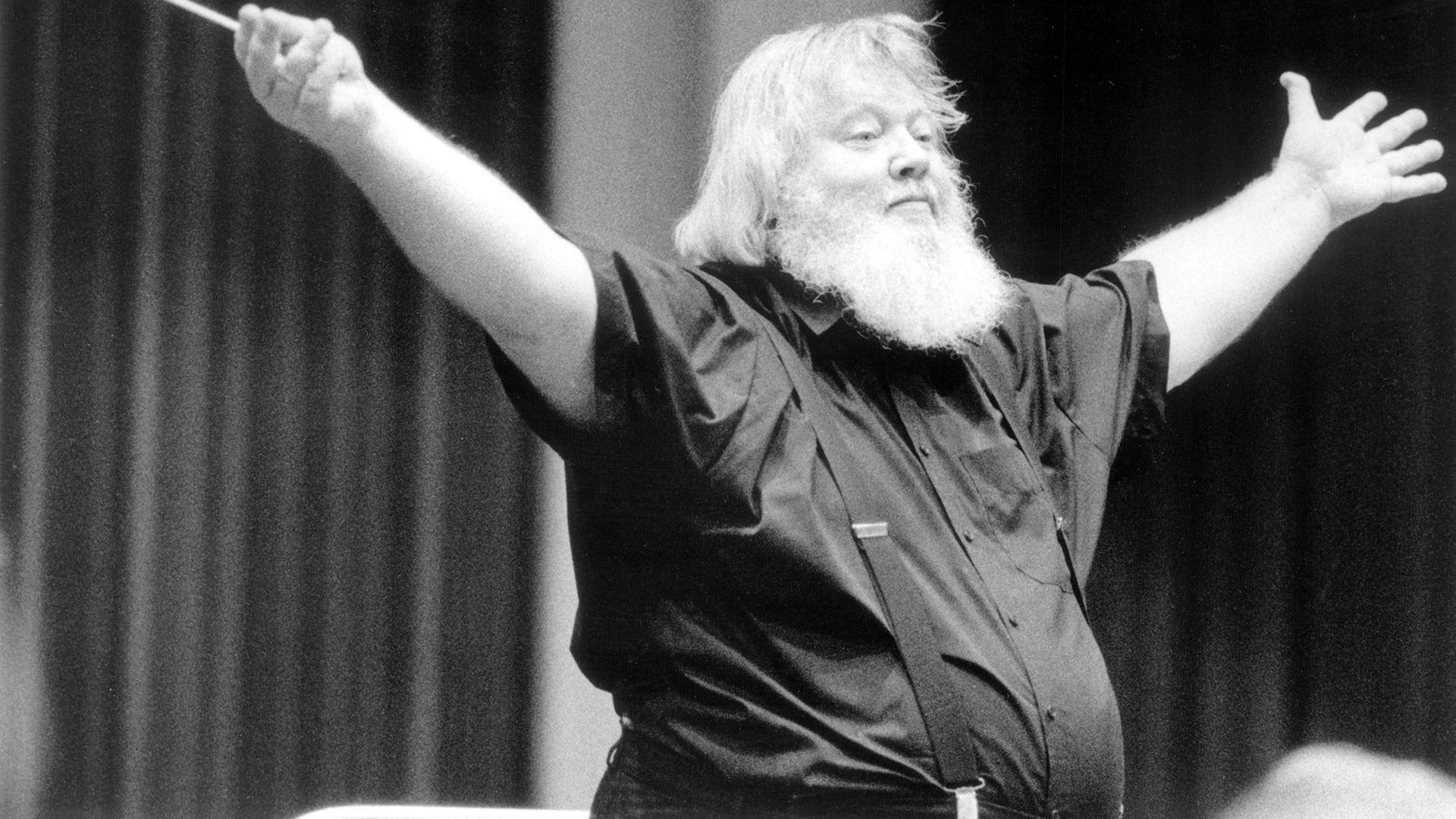
Leif Segerstam, the renowned Finnish composer and conductor, has passed away at the age of 80. Widely recognized as one of the most prolific symphonic composers in history, Segerstam composed around 371 symphonies, many of them highly original and bearing unusual titles. These symphonies were often single-movement works lasting 20 to 30 minutes, with distinctive and sometimes whimsical names such as “More Dreams of Sofia (a dog…)”. Remarkably, some of his symphonies were composed to be performed without a conductor, a rare and innovative approach.
In addition to his symphonies, Segerstam wrote over 30 pieces for string quartet, as well as several concertos for instruments such as violin, viola, cello, and piano. As a conductor, he led numerous prominent orchestras, including the Vienna Radio Symphony Orchestra (1975–1982), the Finnish Radio Symphony Orchestra (1977–1987), the Danish National Symphony Orchestra (1988–1995), the Helsinki Philharmonic Orchestra (1995–2007), and the Turku Philharmonic Orchestra (2012–2019). Through his work, he left a significant mark on contemporary classical music.
Segerstam also taught for 16 years at the Sibelius Academy, where he mentored a new generation of conductors, playing a major role in shaping Finland’s orchestral future.
One of his most acclaimed recordings was a production of Alban Berg’s opera Wozzeck, conducted for the Swedish Opera and released on the Naxos label. The performance was praised by Gramophone critic Michael Oliver. In an interview with James Jolly of Gramophone, Segerstam described his approach to conducting:
“I told my singers, don’t worry — live the role and establish an extroverted connection with the audience.”
He believed that music should remain flexible enough to respond to dramatic circumstances on stage.
Segerstam was also a strong advocate for his compatriot, Einojuhani Rautavaara, whose works he recorded extensively with the Helsinki Philharmonic for the Ondine label. Yet perhaps his most powerful musical legacy lies in his interpretations of Jean Sibelius’s orchestral works. In 1996, critic Robert Layton hailed Segerstam’s performance of Tapiola as one of the most compelling since Karajan, writing that the interpretation vividly captured the awe and terror of the Nordic forests.
In his later years, Segerstam recorded a set of four Brahms symphonies and several of his own with the Turku Philharmonic Orchestra for Alba Records. Writing for Gramophone, Rob Cowan praised Segerstam’s Brahms interpretations for their deep structural focus and tightly controlled pacing, calling one of them among the finest performances of Brahms’ music.
Leif Segerstam leaves behind a remarkable legacy — both in the volume of his compositions and in the originality, insight, and vitality with which he served the music world.